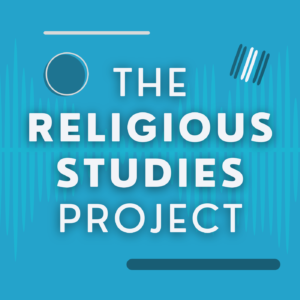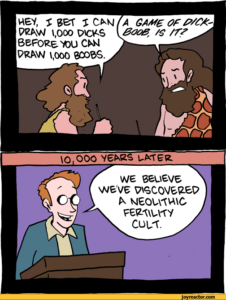
Editors’ Picks, Summer 2018: Critiquing the Axial Age
In the first of our summer “Editors’ Picks”, Chris Cotter flags up an important interview, in which Jack Tsonis “demonstrates how the term ‘Axial Age’ shares much in common with the notion of ‘World Religions’ in that both – to quote the subtitle to Tomoko Masuzawa’s seminal work – preserve ‘European universalism […] in the language of pluralism’.”



